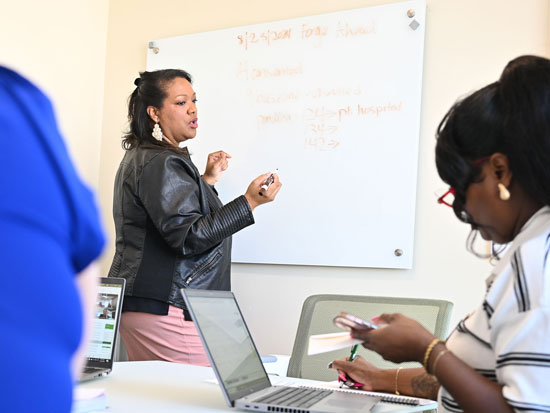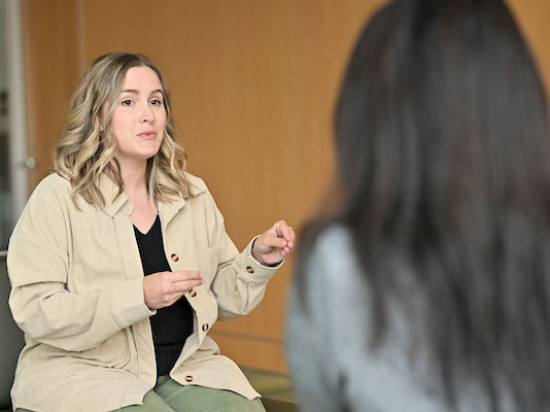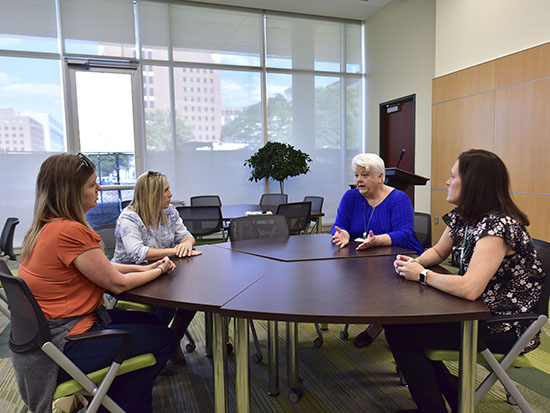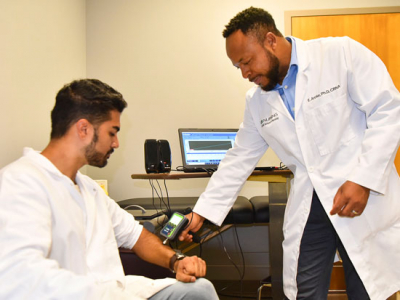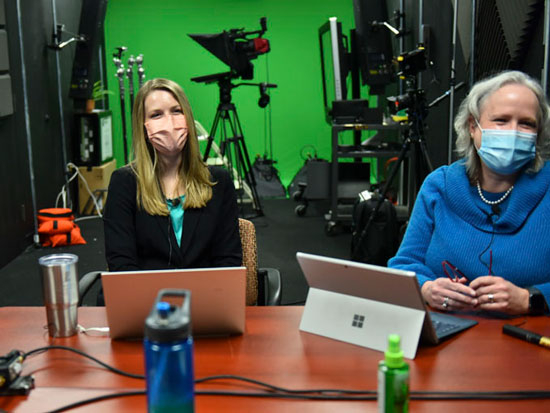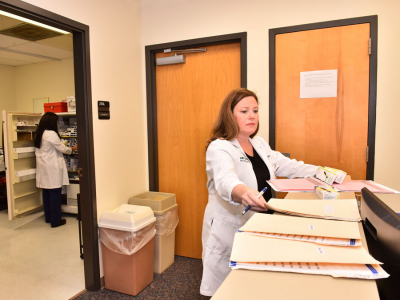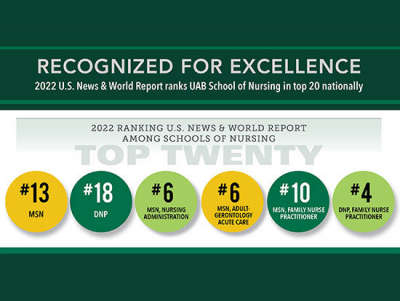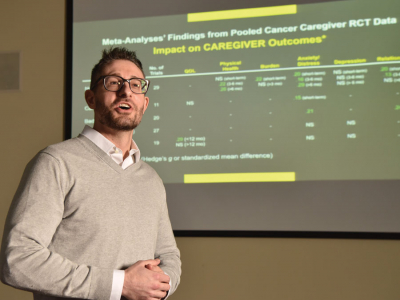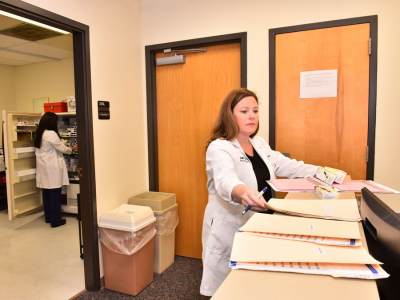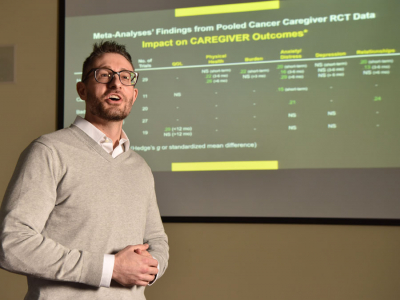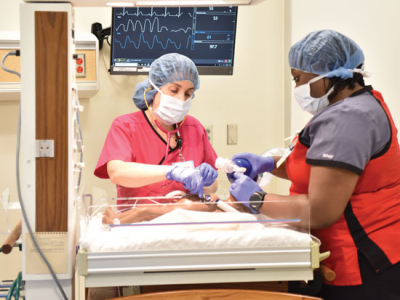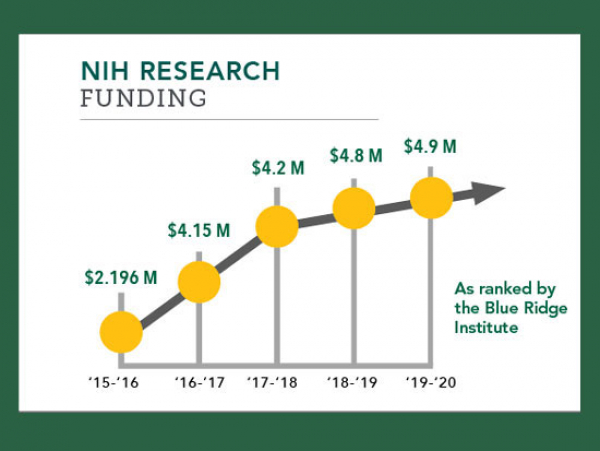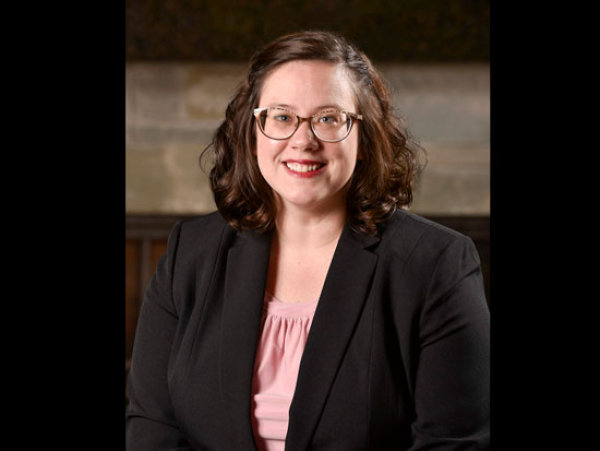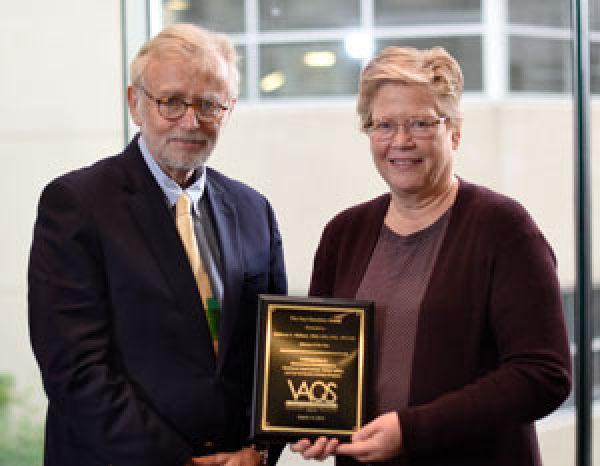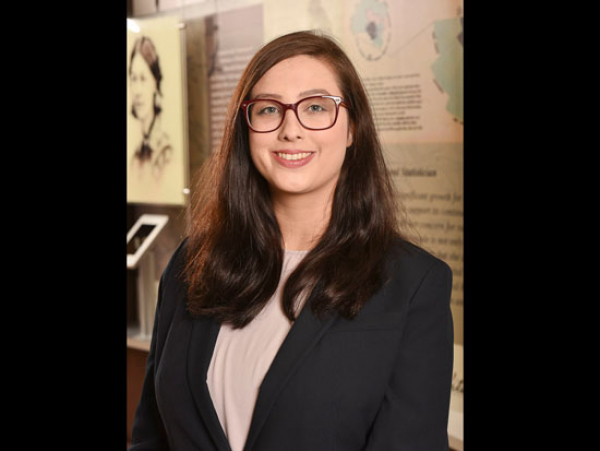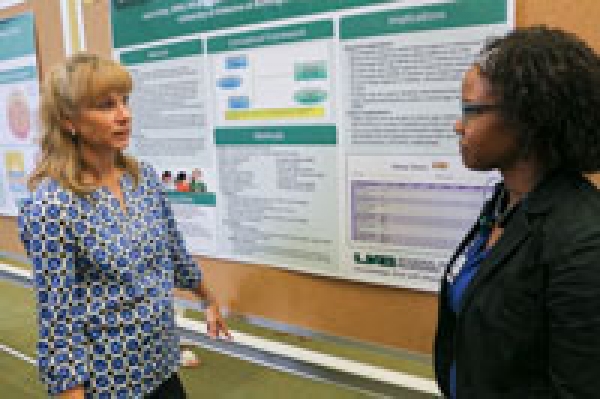University of Alabama at Birmingham (UAB) School of Nursing Instructor Yolanda Wheeler, MSN, CRNP, CPNP-AC, wants to know how Multiple Sclerosis (MS) impacts decision-making in children.
Wheeler has been named principal investigator by the UAB Center for Pediatric Onset Demyelinating Disease at Children’s Hospital of a $56,695 grant to study this relatively unexplored area. The grant is part of a larger multi-site grant from the National Multiple Sclerosis Society to New York University and the Network of Pediatric Multiple Sclerosis Centers (NPMSC).
 Yolanda Harris“This study is the first of its kind, looking at how pediatric-onset MS affects cognition in children,” Wheeler said. “The goal is to identify what may be the challenges for these children and use that information to develop interventions to help improve their cognitive skills as they grow older.”
Yolanda Harris“This study is the first of its kind, looking at how pediatric-onset MS affects cognition in children,” Wheeler said. “The goal is to identify what may be the challenges for these children and use that information to develop interventions to help improve their cognitive skills as they grow older.”Using a battery of cognitive tests to study processing speed, the rate at which a person processes information from start to finish, Wheeler wants to develop a better understanding of cognitive decline and evaluations that could provide key insights for the future.
“We want to learn all we can so we can help these children be productive members of society as they move forward,” Wheeler said.
More cognitive effects in children
Working within the framework of a protocol called Cognition and Neurodevelopmental Influence (CANDI), researchers are examining 150 children with MS ages 10 to 16 and 100 healthy children in the same age group. The NPMSC is also recruiting 100 adults ages 25 to 46 whose MS was diagnosed at 21 or later and who have had the disease for up to 10 years.
Subjects take information-processing tests that provide measures of simple reaction time, choice reaction time, which determines general alertness, working memory and social cognition. Subjects also provide information on IQ, how long they have had the disease and disease activity to help researchers assess predictors of cognitive processing speed.
“We know that pediatric MS patients have more cognitive effects than physical effects, and this study is bringing insight into how much the disease contributes to their cognitive issues,” Wheeler said. “Understanding and evaluating these measures of cognitive risk in the pediatric-onset MS population also helps care providers determine whether patients will benefit most from more conservative or more aggressive disease management at a given point in time.”
Unique opportunity in nursing
As a bedside nurse in the Special Care Unit, an intensive care step-down unit at Children’s of Alabama, for five years before setting out to become a Nurse Practitioner, Wheeler developed a keen interest in how chronic illnesses, such as MS and others, affect families. For the last four years, her dissertation topic, “A Qualitative Descriptive Study Exploring the Adaptation of Families of Children with Multiple Sclerosis from the Perspective of Caregivers,” as a student in the School’s Doctor of Philosophy in Nursing (PhD) Program, has focused on how MS impacts families as a whole.
Now, as part of the UAB Center for Pediatric Onset Demyelinating Disease, Wheeler is leading the effort to help chronically ill children with MS and their families from Alabama and seven other Southeastern states.
“I am the only nurse involved in the committee overseeing this and many other projects among the 15 NPMSC partners nationally, and I am one of the original nurses that has worked at one of the original centers from the beginning in 2006,” Wheeler said. “To be a nurse and be part of a nationwide organization that is looking at how MS is affecting outcomes for children in clinical and social settings is a unique opportunity and one that is very special to me.”
Wheeler earned her Master of Science in Nursing (MSN) from the School in 2006.

